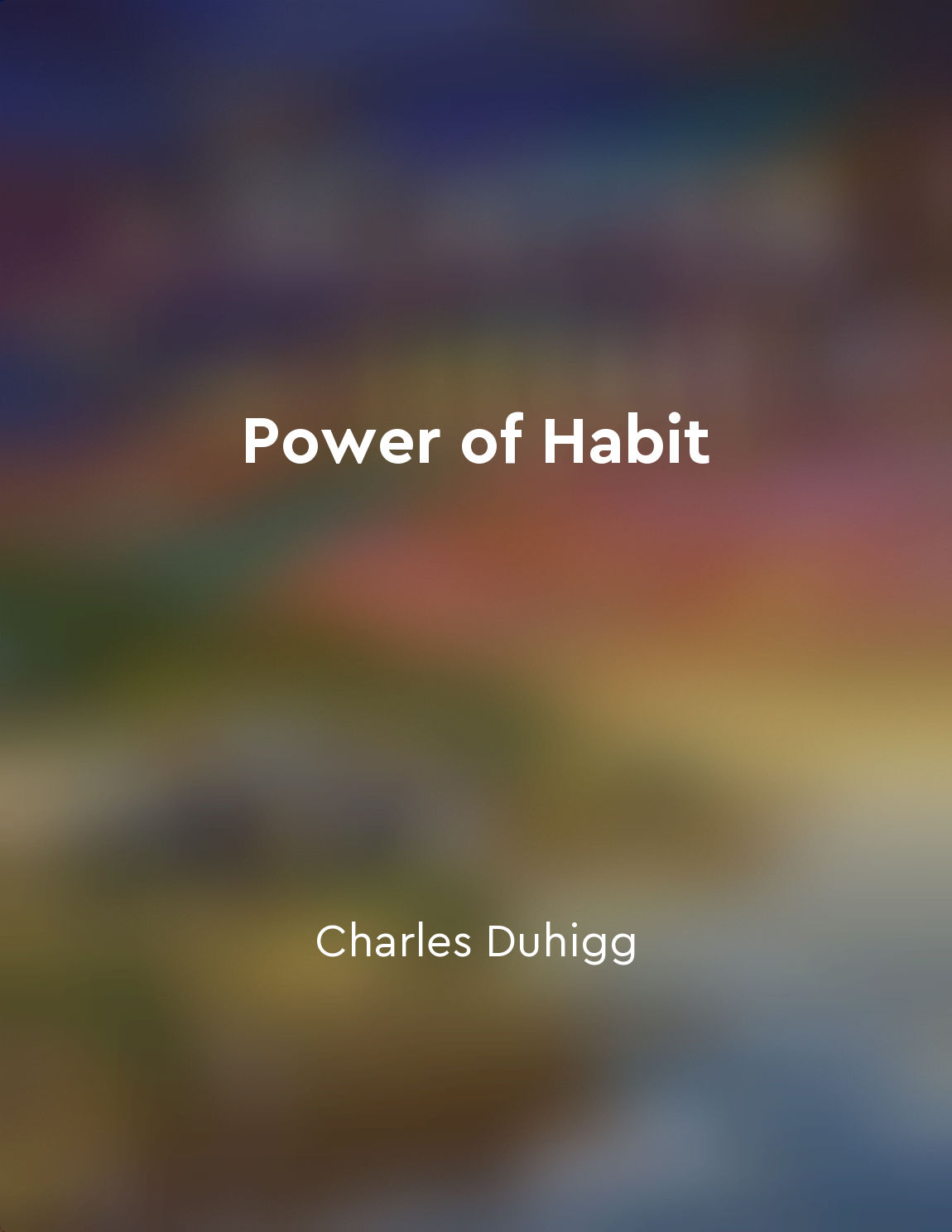Dopamine release is a key factor in the reinforcement of addictive behaviors from "summary" of Never Enough by Judith Grisel
Dopamine is a neurotransmitter that plays a crucial role in our brain's reward system. When we engage in activities that are pleasurable or rewarding, such as eating delicious food or engaging in sexual activity, dopamine is released in our brain. This release of dopamine makes us feel good and reinforces the behavior that led to its release. When it comes to addictive behaviors, such as drug use or gambling, dopamine release is also a key player. These activities can cause a surge of dopamine in the brain, creating a powerful feeling of pleasure and reward. Over time, the brain starts to associate these addictive behaviors with the pleasurable feelings that dopamine brings, leading to a reinforcement of the behavior. The problem with addictive behaviors is that they can hijack the brain's reward system. As we engage in these behaviors more and more, our brain starts to adapt by reducing the number of dopamine receptors. This means that over time, we need more of the addictive behavior to achieve the same level of pleasure and reward as before. This cycle of increasing tolerance to addictive behaviors can lead to a dangerous spiral of addiction. As the brain craves more dopamine release, individuals may engage in riskier and more harmful behaviors to satisfy that craving. This can have serious consequences on a person's physical and mental health, as well as their relationships and overall quality of life. Understanding the role of dopamine in the reinforcement of addictive behaviors is crucial in developing effective strategies for prevention and treatment. By addressing the underlying mechanisms of addiction, we can work towards breaking the cycle of reinforcement and helping individuals overcome their addictive behaviors.Similar Posts
Social support networks are important in recovery
Social support networks play a crucial role in the recovery process from drug addiction. These networks can consist of family m...

Brain categorizes information for efficiency
The brain categorizes information for efficiency. It does this by creating mental models that help us navigate the world around...
Comparing oneself to others can affect happiness
The human mind has a peculiar tendency to constantly measure itself against others. We look at our peers, our colleagues, even ...
Set boundaries to protect your focus and energy
It is crucial to establish boundaries in order to safeguard your focus and energy. By setting clear limits on your time, attent...
Recovery is a gradual process that requires patience
Recovery from masturbation addiction is not something that happens overnight. It is a gradual process that takes time and patie...
Building resilience through mental toughness
Building resilience through mental toughness is a crucial skill that can be honed through deliberate practice. This concept inv...

Anticipating obstacles can help overcome them
When we set out to make changes in our habits, it's crucial to anticipate the obstacles that we might encounter along the way. ...
Creating a brainhealthy environment is key to well-being
Creating a brain-healthy environment is crucial for overall well-being. Our brains are incredibly sensitive and can be easily i...
Reflecting on your values can align your focus with what truly matters to you
When you take the time to reflect on your values, you begin to understand what truly matters to you. This process can help alig...
Personalized strategies are key to sustaining happy habits
To sustain happy habits, it is essential to understand that what works for one person may not work for another. This is because...
